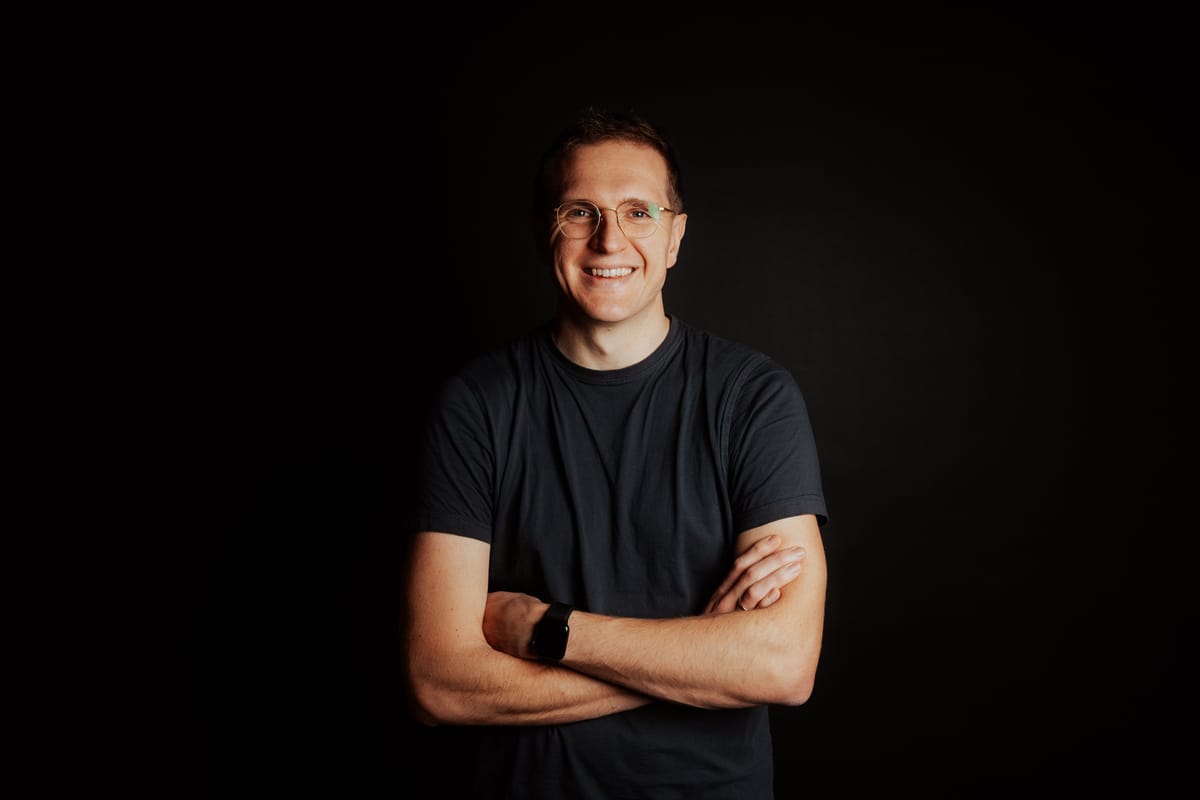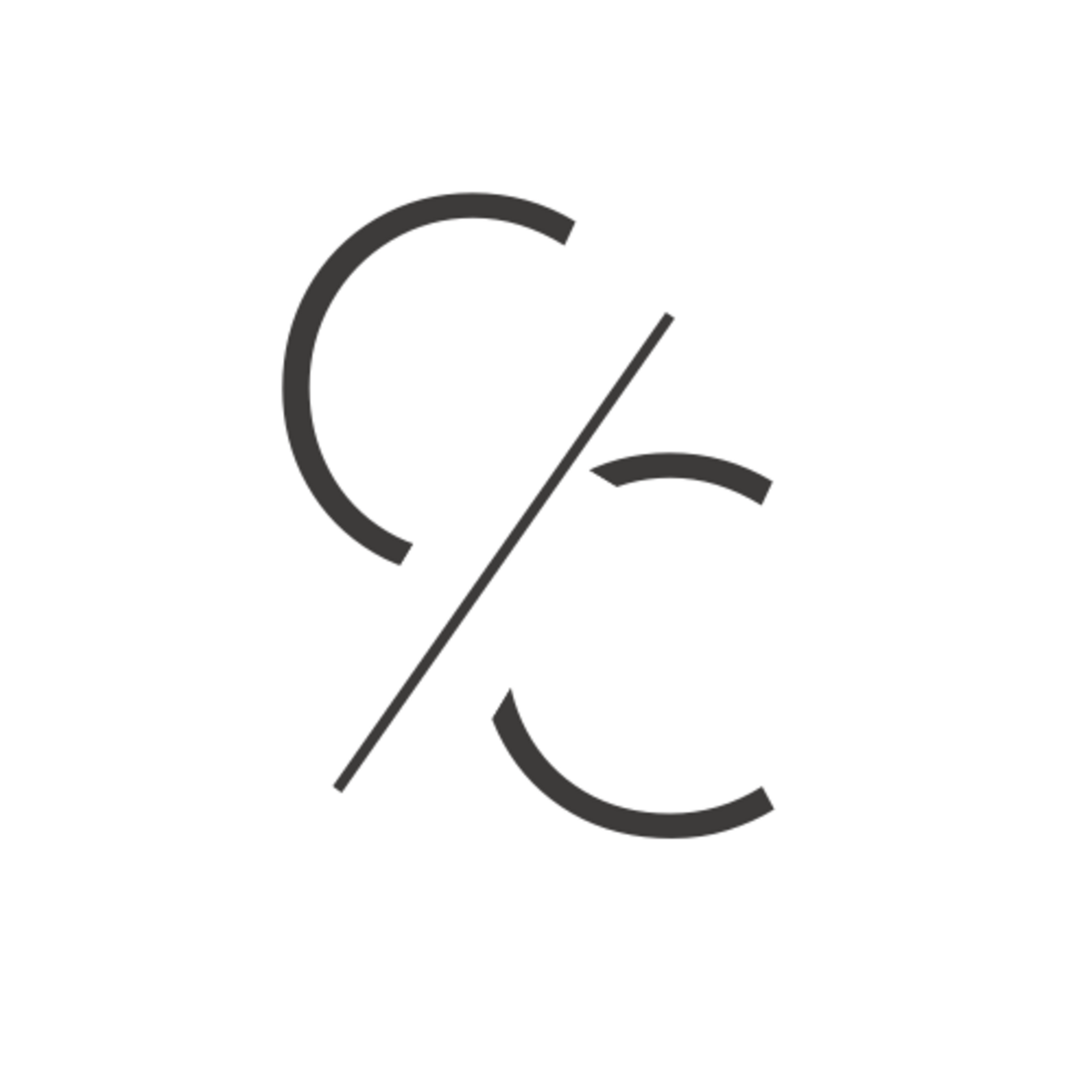Explore how the "win at all costs" mentality can backfire, and discover a more sustainable path to success in business and life.
What you'll learn:
How Nike's controversial Olympic ad revealed deeper truths about toxic success culture
Why the "win at all costs" mentality leads to measurable business decline
A framework to transform inevitable breaks into strategic advantages
The Story: Nike's Olympic Ad Ignites Debate
This past summer at the Paris Olympics, Nike dropped an ad that set social media ablaze. Featuring sprinter Sha'Carri Richardson, the commercial posited a stark message: "Winning isn't for everyone."
The ad painted success as a relentless, almost ruthless pursuit. It glorified traits like being "deceptive," "obsessive," and having "zero remorse." The underlying message was clear: to be great, you must be willing to sacrifice everything, including your well-being and relationships.
The backlash was swift. Critics argued that the ad promoted a toxic mindset that could lead to burnout, unethical behavior, and a warped sense of self-worth. Supporters countered that this intensity is exactly what separates champions from the rest.
As the debate raged on, a crucial question emerged: Is this really what it takes to win? And if so, at what cost?
The Insight: Entrepreneurship's Hustle Paradox
This controversy mirrors a critical issue in the entrepreneurial world. The startup ecosystem has glorified the "hustle harder" mentality for years. Founders are often expected to work 80-hour weeks, sacrifice their personal lives, and push themselves to the brink in pursuit of success.
But here's the paradox: This approach often leads to diminishing returns. In my years of coaching scale-up founders, I've seen how relentless hustle leads to:
Burnout and health issues that impact decision-making
Stifled creativity and declining innovation
High employee turnover and toxic company cultures
Founders disconnecting from their original vision and passion
The most successful entrepreneurs I've worked with have realized that sustainable success isn't about perpetual intensity. It's about strategic oscillation between periods of focused work and intentional rest.
Sarah's story perfectly illustrates this paradox. A SaaS founder (name anonymized) I worked with recently embodied Nike's ad mentality. She prided herself on being "obsessive" about growth, working 90-hour weeks, and having "zero remorse" about missing family events for work. Her company's metrics looked impressive: 300% year-over-year growth, successful funding rounds, and industry recognition.
But beneath the surface, things were crumbling. Her leadership team had 100% turnover in 18 months. Customer churn was rising because product innovation had stalled. Sarah herself was experiencing chronic anxiety and hadn't taken a vacation in three years.
The turning point came when she lost a major client because her team was too afraid to tell her about mounting issues with the product. This wake-up call forced her to confront the cost of her "win at all costs" approach. Like the controversy surrounding Nike's ad, Sarah's situation highlighted how glorifying extreme hustle can backfire.
Working together, we implemented a different approach: strategic oscillation between intense work and intentional rest. Within six months, her company's net revenue retention improved by 40%, employee satisfaction scores doubled, and—most surprisingly to Sarah—their pace of innovation accelerated. She discovered that sustainable success isn't about perpetual intensity but about creating systems that allow both people and profits to thrive.
Your Quick Win: Reframe Absences into Strategic Experiments
Founders regularly step away from their day-to-day roles for critical periods—during parental leave, fundraising sprints, or international market expansions. While these breaks are typically seen as necessary distractions, they can become powerful experiments to test and strengthen your organization's resilience. Here's how:
1 - Plan Your Absence Thoughtfully
Identify critical areas requiring delegation
Document key processes and decision frameworks
Create clear handover timelines
2 - Set Clear Goals for the Team
Define specific success metrics for the absence period
Establish decision-making boundaries
Create simple escalation protocols for emergencies
3 - Stay Minimally Connected
Schedule one weekly check-in maximum
Resist the urge to micromanage
Trust your team's judgment
4 - Observe and Learn Upon Return
Watch before jumping back in
Document what worked well
Identify processes to maintain
True winning isn't about who can hustle the longest—it's about who can build sustainable systems that foster innovation and maintain passion for the long haul. By embracing these natural breaks as experiments, you're building a more robust, adaptable organization that can thrive with or without you.
What breaks do you have coming up that could become strategic sabbaticals? Share your thoughts with me!
A note of gratitude: This post was inspired by the work of Alex Auerbach, Todd Herman and Brad Sulberg, fellow writers on the topic of high performance. Check them out!
Interested in more of my work?
If you’ve made it this far, perhaps you’d be interested in my other writing and resources:
1. Most read all time: Why I Stopped Using OKRs
2. Most read Q4: Clarity, Leverage, Resilience: The Secret Sauce of High-Growth CEOs
3. New Cheat Sheets every month, full collection (11 in total) in this FOLDER.
Want to work with me as a Coach & Catalyst for your business? Schedule a call HERE.
If this email was forwarded, click HERE to subscribe to the newsletter.



